The 2025 Cannabis and Environmental Stewardship Symposium is funded through the Land-Sea Connection Program of Resources Legacy Fund, made possible by the Keith Campbell Foundation for the Environment.
Produced by the Cal Poly Humboldt Cannabis Studies Program Cannabis Studies Lab.
Watch highlights from last year’s Symposium at the 2024 Cannabis and Environmental Symposium Archive Page on the Cannabis Studies Lab web site.
Livestream the 2025 Cannabis and Environmental Stewardship Symposium on YouTube:
Location:
Native American Forum at Cal Poly Humboldt: Arcata, CA
Campus Map:

When:
March 28th, 2025 | 8:30 AM to 5:00 PM
Symposium Speakers and Guests
Breakfast at Native Forum – 8:30 am (Free Food!!!)
Land Acknowledgement and Opening Remarks – 9:00 am
Regenerative Agriculture: Stewardship Begins in the Garden – 9:20 am
Panelists:
- Lindsey Renner, Native Humboldt Farms; and Founder: Sovereign Cannabis Series
- Blair Auclaire, Radicle Herbs
- Jesse Dodd, Biovortex
- Garrett Liles, Associate Professor: California State University Chico / Co-founder: Center for Regenerative Agriculture & Resilient Systems
Moderator:
Environmental Stewardship in Political and Regulatory Landscapes – 10:40 pm
Panelists:
- Amelia Wright, Director California Department of Fish and Wildlife Cannabis Program
- Michael Polson, Director: UC Berkeley Cannabis Research Center
- Steve Madrone, Supervisor: Humboldt County
- Kason Grady, North Coast Regional Water Quality Control Board
Moderator:
- Richard Salzman, Board Member: Humboldt Area People’s Archive
Lunch at Native Forum – 11:50 am – 1:10 pm (Free food!!)
Seth Rosmarin presents: The Story of Amigo Bob – 1:15 pm
Environmental Stewardship: Diverse Community Perspectives – 1:35 pm
Panelists:
- Dr. Kaitlin Reed, Associate Professor: Native American Studies Program at Cal Poly Humboldt and Co-Director of the Rou Dalagurr: Food Sovereignty Lab & Traditional Ecological Knowledges Institute
- Daniel Stein, Briceland Forest Farm
- Virginia O’Rourke, Director: California Department of Fish and Wildlife Cannabis Restoration Grant Program
- Greta Wengert, Executive Director: Integral Ecology Research Center
- Pat Higgins, Director: Eel River Recovery Project
Moderator:
- Selena Rowan, Schaatz Energy Center
The Cooperative Agricultural Network presents: March 29th Strategic Doing Preview – 3 pm
- Shawn Cherry, Cooperative Agricultural Network
Integrating Environmental Stewardship: A Community Town Hall – 3:15 pm
- Jackee Riccio, Executive Director: Cannabis For Conservation
- Courtney Bailey, Executive Director: Rural Resilience Project
- Diana Gamzon, Director, Executive Director: Nevada County Cannabis Alliance
- Seth LaRosa, Ph.D. candidate, University of California Berkeley Department of Environmental Science, Resource and Management; and Researcher: Berkeley Cannabis Research Center
- Walker Wise, Water Program Director: Sanctuary Forest
Moderator:
Dominic Corva, Cannabis Studies Program Lead and Assistant Professor: Cal Poly Humboldt Sociology
2025 Cannabis and Environmental Stewardship Symposium Speakers:

Lindsey Renner – I am Native American, part of the Wailaki tribe that currently resides on the Round Valley reservation in Mendocino County, however my tribe was originally Native to Humboldt. I take an Indigenous approach and use Indigenous farming practices to cultivate on land that was a recreational site for my tribe up until 1860’s, and that belonged to my great great great grandmother after white incursion. Cannabis chose me as an advocate and has allowed me to reclaim a portion of my ancestral land where I now grow using natural inputs and only the pure light of the California sunshine at Native Humboldt Farms.
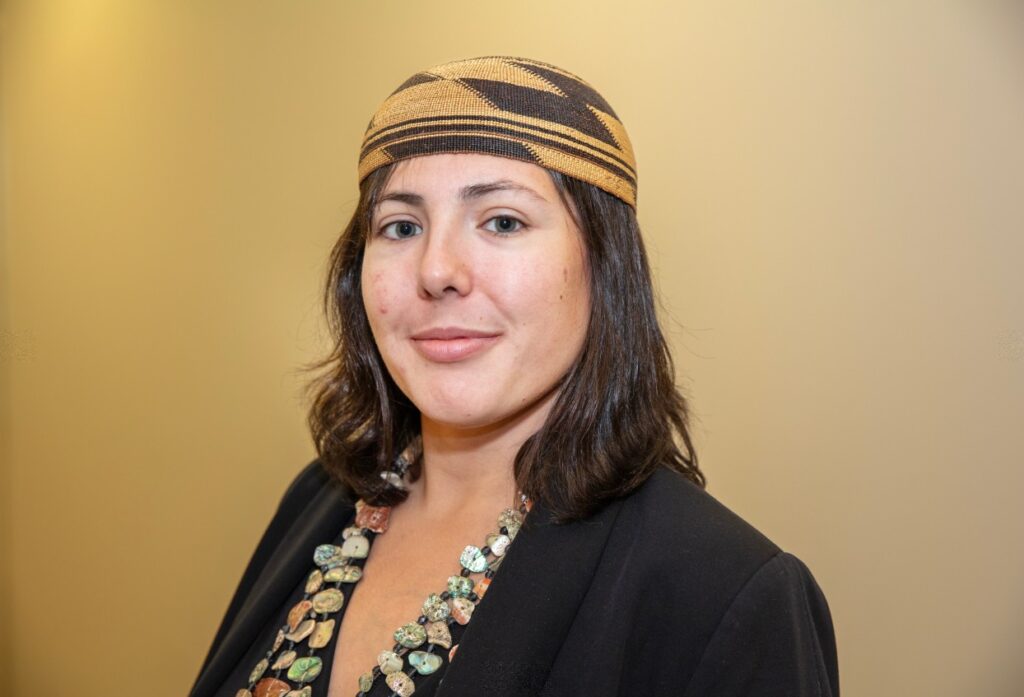
Kaitlin Reed – Kaitlin Reed (Yurok/Hupa/Oneida) is an Associate Professor of Native American Studies at Cal Poly Humboldt. She serves as her university’s Traditional Ecological Knowledge Faculty Fellow and the Co-Director of the Rou Dalagurr Food Sovereignty Lab & Traditional Ecological Knowledges Institute. Her research is focused on tribal land and water rights, extractive capitalism, and settler colonial political economies. Her first book, “Settler Cannabis: From Gold Rush to Green Rush in Indigenous Northern California”, was published by the University of Washington Press in 2023. It received the 16th Annual Labriola National Indian Data Center Book Award in 2024. Kaitlin Reed obtained her B.A. degree in Geography at Vassar College and her M.A. and Ph.D. in Native American Studies at the University of California, Davis. She is an enrolled member of the Yurok Tribe in Northwestern California.
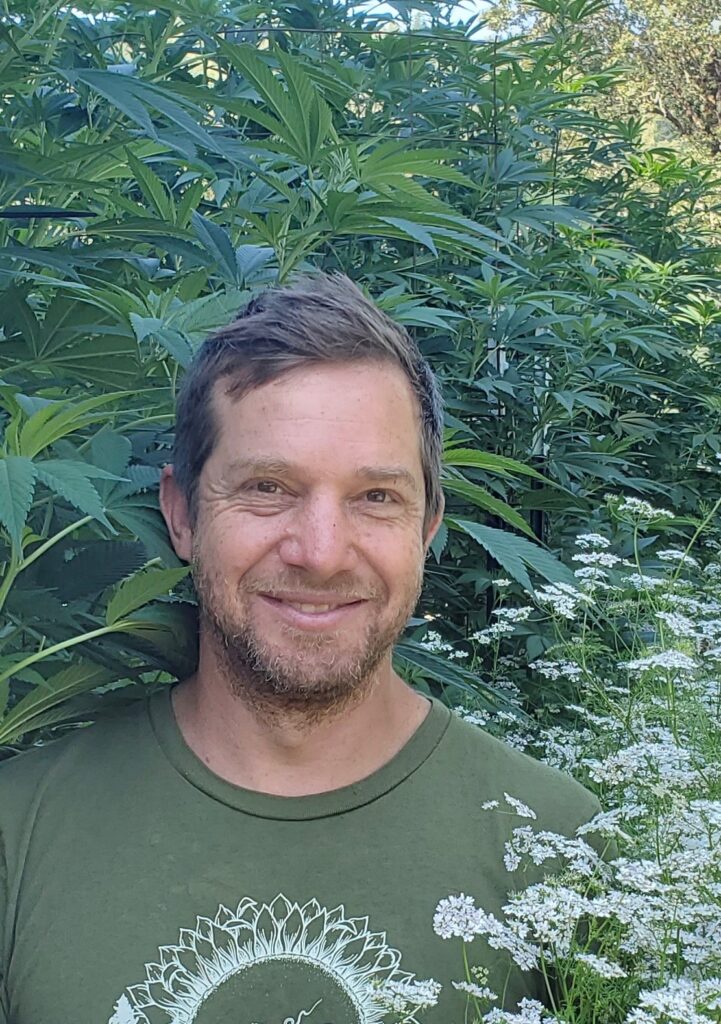
Daniel Stein – Daniel Stein is the owner and farmer of Briceland Forest Farm with his wife, Taylor. They grow cannabis and vegetables for the market, manage a sustainable off-grid homestead, and support landscape-level ecological restoration. Daniel has been farming both cannabis and food for over 26 years and prides himself on continuing to learn and experiment with ways to make farming more efficient while producing better quality crops and improving the soil and surrounding environment. Daniel’s passion goes beyond the farm to the landscape and community. He is currently focused on how to help heal California’s fire adapted landscapes from the ravages of extractive logging and fire suppression to health through the use of prescribed fire and forest restoration.
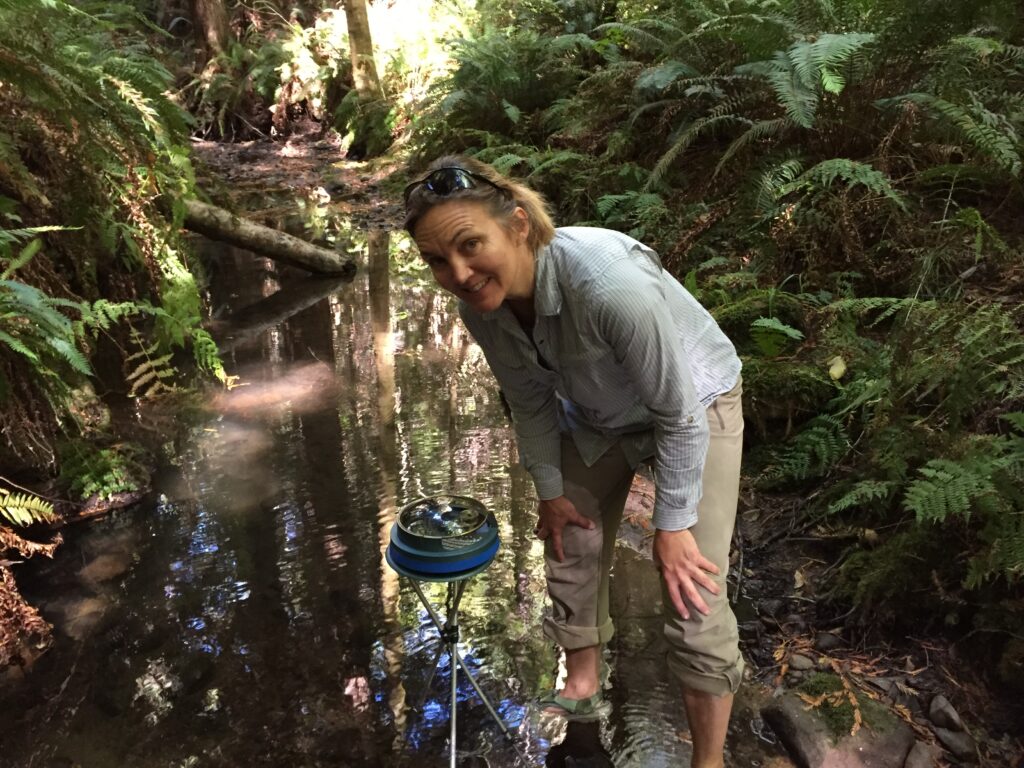
Virginia O’Rourke – Virginia O’Rourke has served the California Department of Fish and Wildlife (CDFW) for the past ten years and is one of two Supervisors in the Cannabis Restoration Grant Program. In this role, Virginia oversees multiple funding opportunities and works closely with agency staff in reviewing, implementing, managing, and monitoring projects focused on the cleanup, remediation, and restoration of environmental damage in watersheds and landscapes affected by cannabis cultivation and related activities. As a Specialist in CDFW’s Timberland Conservation Program, Virginia prepared and negotiated landscape-scale conservation plans, conducted long-term fisheries and microclimate studies, and managed grant-funded studies for the recovery and protection of listed and sensitive species. Prior to joining CDFW, Virginia served as a Water Quality Program Manager for the Pueblo of Santa Ana in New Mexico, as a Natural Resources Specialist for the Oregon Department of Environmental Quality and as a Biologist serving various government, tribal, university, private consulting, and non-profit agencies. Virginia received a bachelor’s degree in Environmental Science from the University of Virginia and a master’s degree in Ecological Agriculture, where she studied permaculture and the interrelationships of cultural, social, and ecological systems. Virginia chose to focus on ecological agriculture because of her genuine interest in the relationships between soil, water, and ecological health and because ecological agricultural practices can serve to enhance natural resource conservation. Virginia enjoys collaborating with others to protect, manage, and restore California’s diverse fish, wildlife, and plant resources, and the habitats upon which they depend.
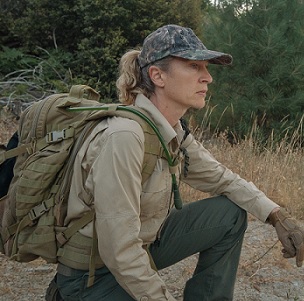
Dr. Greta Wengert co-founded the IERC and leads many projects, including IERC’s bobcat/ fisher spatial ecology, forensic identification of predators, and yellow-legged frog projects. Greta earned her B.S. in Wildlife Biology at Cornell University, her M.S. in Wildlife Ecology at Humboldt State University, and her Ph.D. in Ecology at the University of California Davis. Dr. Wengert also serves as IERC’s Public Information Officer and primary media contact.
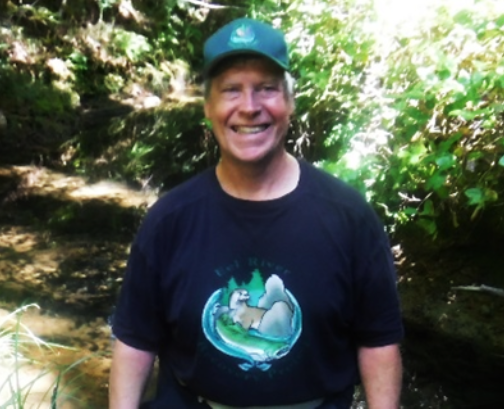
Pat Higgins is the Managing Director of the Eel River Recovery Project and works to help communities in the basin to monitor the river’s health and collaborate on ecological restoration. He was a major contributor to watershed restoration plans for the Klamath River, South Fork Trinity River, and Garcia River. Pat organized most of the content of a watershed information system that includes data from many North Coast river basins. In 2016, he led an education and outreach project to provide technical assistance to cannabis growers throughout the Eel River watershed. He is a fisheries biologist and still gets underwater to spy on Eel River fishes.
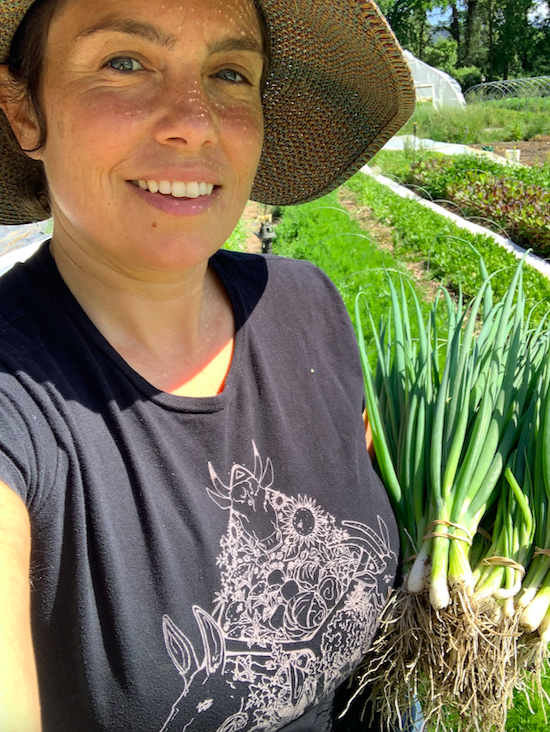
Blaire AuClair Blaire and her husband, Daniel, steward a 62-acre diversified farm located in Round Valley in Mendocino County. They cultivate cannabis under their brand Radicle Herbs and produce hay, herbs, fruit, and animals under Folk Life Farm. Winner of the Emerald Cup Regenerative Farm Award and featured in the documentary “Tending the Garden” their farm is Sun+Earth and DragonFly Earth Medicine Certified, as well as practicing biodynamic agriculture. Growing food, herbs, and medicine for our community is our priority. We believe that healthy bodies come from healthy food. Our beyond-organic approach creates food and cannabis with high vitality. We apply a variety of different agriculture modalities, including no-till and biodynamics. Building fertility on the farm through cover cropping, farm-made compost and potting soil, and using homeopathic preparations are key to vitality on the farm.
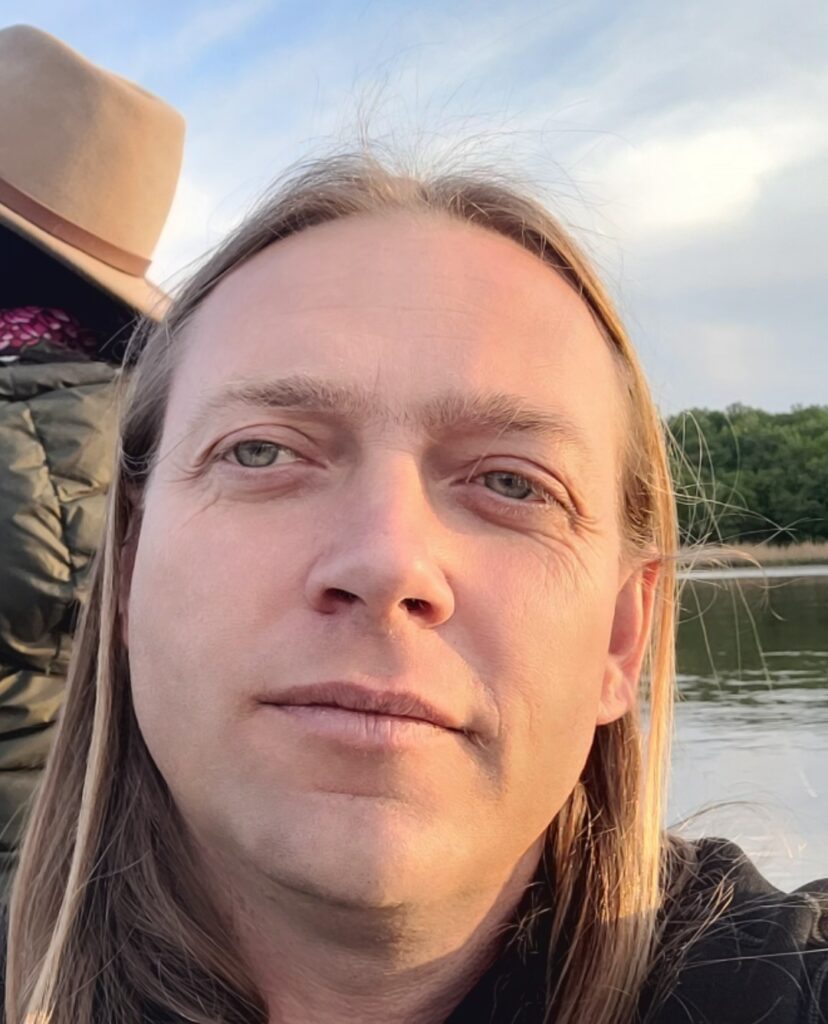
Jesse Dodd’s Biovortex is a living conceptual art piece intended to influence the cannabis industry toward a more environmentally thoughtful future.
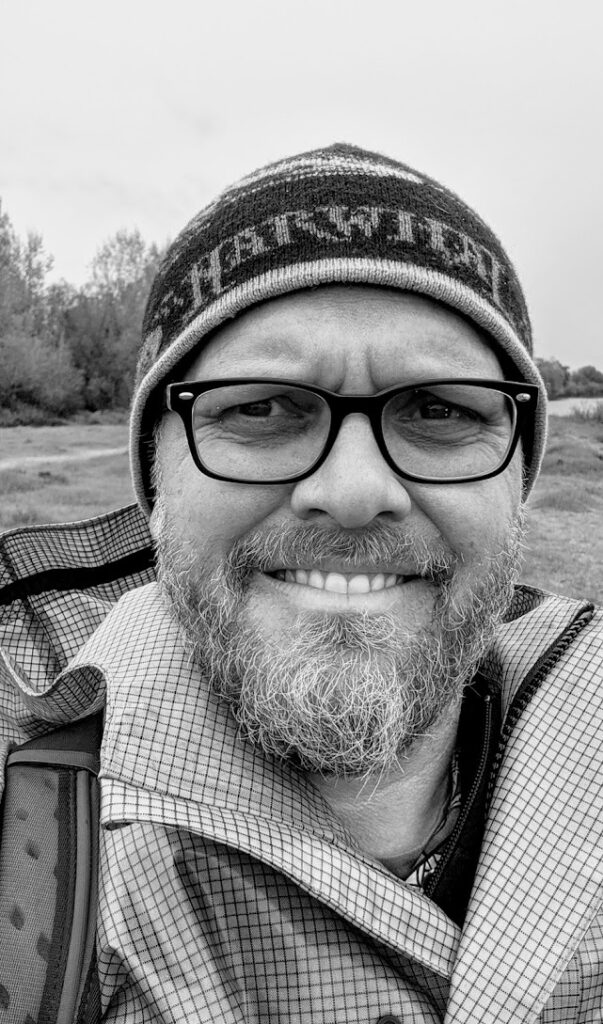
Dr. Garrett Liles is an associate professor of soil science at CSU Chico in the College of Agriculture and the director of the Regenerative Ag Demonstration Lab (RAD Lab). He’s earned degrees from CSU Chico (Interdisciplinary BS – Soil Ecology), University of Washington (MS Forest soil and watershed science), and UC Davis (PhD soil science) and has diverse work experience across managed and wildland ecosystems from trails to soil survey and field research. His deepest interests focus on expanding knowledge and appreciation of soil as the central engine of humanity as a teacher, scholar, and concerned citizen. His involvement in the Center for Regenerative Agriculture and Resilient Systems at Chico State and the RAD Lab focuses on regenerative management and soil health across different management systems with emphasis on the C cycle and ecosystem services.
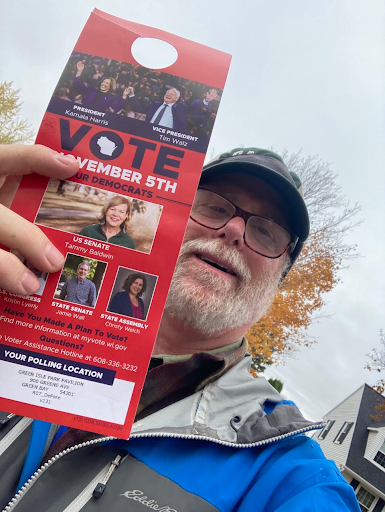
Richard Salzman is a Northern Humboldt-based political activist who has managed or advised local campaigns including for City Council Members, County Supervisors, and U.S. Congressional races. Most celebrated is his management of the 2004 historic defeat of the attempted recall campaign against District Attorney Paul Gallegos. He’s been involved in electoral politics since his work as a field organizer on George McGovern’s 1972 Presidential campaign. He spent the fall of 2008 on the Obama campaign in the then swing state of Ohio and spent last fall on Kamala Harris’s campaign in the current swing state of Wisconsin. He successfully challenged a local law restricting speech under the cover of an anti-panhandling ordinance in Superior Court, for which he was awarded the ACLU Patriot of the Year award. He serves on the board of the Humboldt Area Peoples Archive. Since 1982, his vocation has been as an agent representing commercial illustrators at Salzmanart.com.
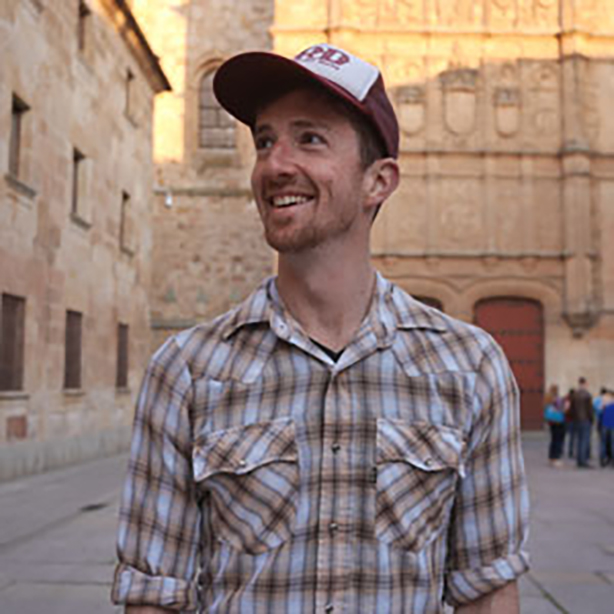
Michael Polson is the director of UC Berkeley’s Cannabis Research Center, a researcher in the Department of Environmental Science, Policy & Management, and a member of the State of California’s Cannabis Advisory Committee. Trained as an anthropologist, Dr. Polson has been conducting ethnographic study around cannabis since 2010. His research focuses on the political ecology of capitalism, as it forms across legal and illegal lines. He is currently leading several projects on topics such as cultivation bans, industrial consolidation, and the transformation of unlicensed markets since legalization.
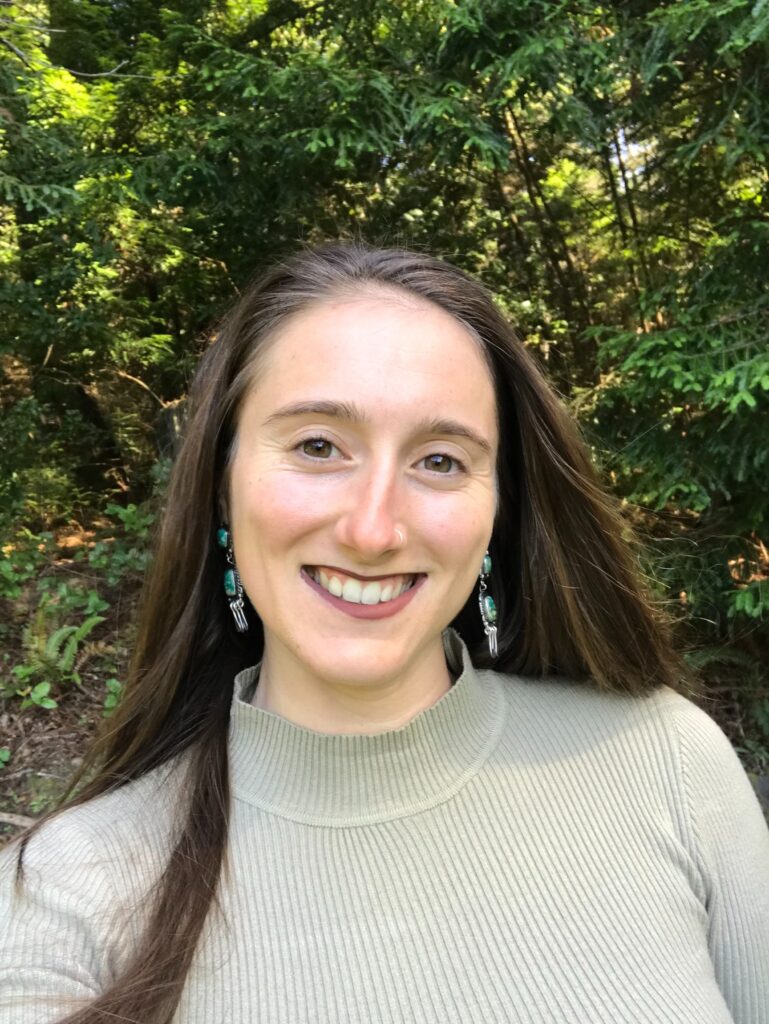
Jackee Riccio’s career as a wildlife biologist and conservationist has brought her the honor of working with a variety of species and cultures. Living in Humboldt County, she recognized the need for a non-regulatory environmental organization to engage with the local industry and co-founded Cannabis for Conservation (CFC) in 2018. She continues to develop CFC’s conservation programs and expand our environmental work to new frontiers and communities. Jackee is an avid horseback rider and backcountry packer, backpacker, skier, and traveler.

Courtney Bailey (she/her) has over a decade of leadership experience in the cannabis industry, emphasizing compliance, operations, and financial management. In 2010, she co-founded Giving Tree Farms and later helped launch Hive Mendocino Cooperative, one of California’s first cannabis cooperatives. Courtney also co-founded the Rural Resilience Project, a nonprofit dedicated to securing grant funding for cultivators to support annual licensure, water conservation, and sustainable practices.
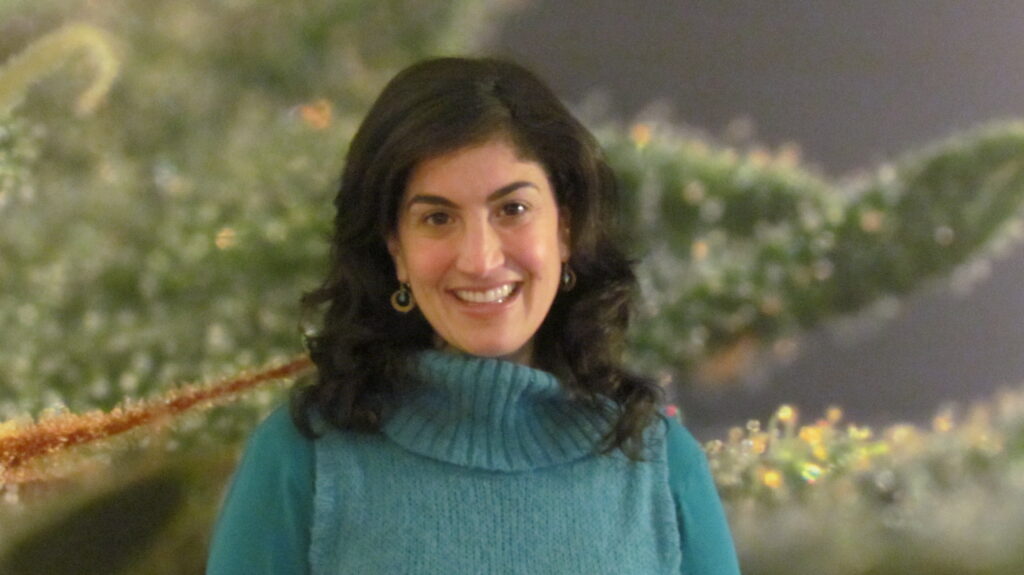
Diana Gamzon is the Co-Founder and Executive Director of the Nevada County Cannabis Alliance. Based in Nevada City, the Nevada County Cannabis Alliance is a trade association representing over 180 cannabis farmers and business owners through advocacy and providing education. In her role at the Cannabis Alliance, Diana oversees the organization’s mission of supporting the local cannabis industry and creating policies and programs that build long-term economic sustainability and opportunities while upholding values of environmental stewardship, industry responsibility, and small business development. From 2017 – 2020, Diana served as a Board Member for the California Growers Association, and from 2020 – 2024 served as a Regional Chair for Origins Council.
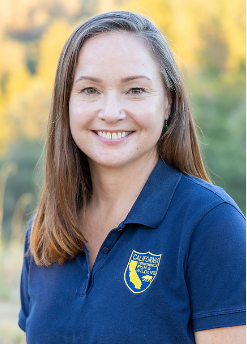
Amelia Wright is the Director of the Cannabis Program at the California Department of Fish and Wildlife, where she oversees environmental compliance and enforcement, multiagency collaboration, grants, land restoration and remediation, and other priorities. Her cannabis regulatory experience began in 2017 at the Department of Public Health, Manufactured Cannabis Safety Branch, creating licensing requirements for testing laboratories. She later supervised the California Environmental Quality Act compliance unit at the Department of Consumer Affairs, Bureau of Cannabis Control. Wright has served in various other environmental policy, compliance, and enforcement roles with the State of California, including at the Department of Food and Agriculture, Department of Toxic Substances Control, and CalRecycle and with the State of Hawaii, Hazard Evaluation and Emergency Response Office and the Solid and Hazardous Waste Branch. She holds a Bachelor of Science in Global Environmental Science from the University of Hawaii and a Juris Doctor, with a Concentration in Environmental Law, from the University of Pacific, McGeorge School of Law.

Selena Rowan is a Master’s candidate in Environmental Systems at Cal Poly Humboldt, specializing in Energy Technology and Policy. As a graduate student researcher at Schatz Energy Research Center, her work focuses on geospatial analysis of forest biomass residue generation linked to California’s wildfire hazard reduction strategies. Her work supports efforts to quantify carbon and air quality emissions from forest residues used in energy production and manufacturing.
In addition to her research, Selena is an independent consultant at Tanoak Consulting, helping cannabis farmers and nonprofits in Northern California to secure grant funding and plan sustainable cultivation and land restoration projects. A community herbalist and health educator since 2008, she and her husband also operate Midnight Gardens, a medicinal herb farm in Southern Humboldt specializing in Sun+Earth certified regenerative cannabis. Learn more at @midnightgardens707 on Instagram and www.midnightgardens.com..
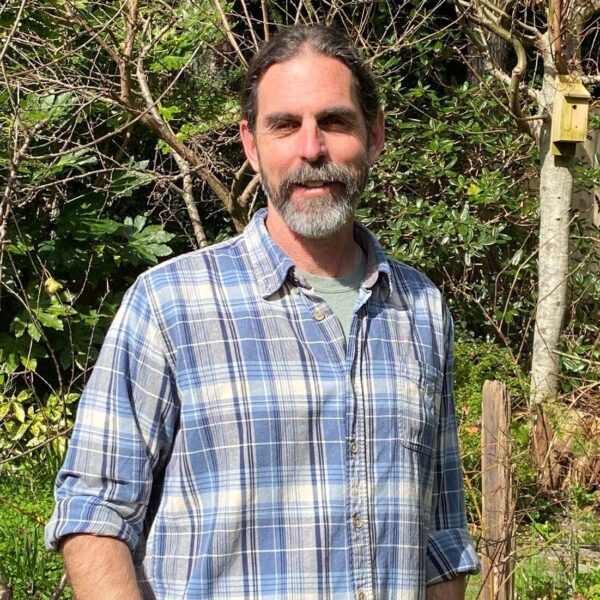
Dan Mar began his academic journey studying ecology at U.C. San Diego, received his undergraduate degree from Humboldt State University and a teaching credential from CSU Monterey Bay. He is a principal at High Tide Permaculture, a regenerative land-use consultation and project management company. He was the co-director of the Regenerative Cannabis Farm Award and served as a cannabis compliance consultant specializing in environmental regulations. Presently, he is a lecturer at Cal Poly Humboldt in the Cannabis Studies Department and is a member of the Humboldt Interdisciplinary Institute for Marijuana Research.
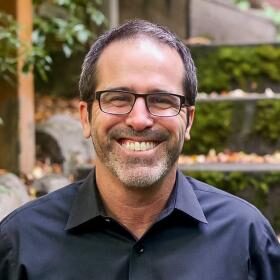
Dominic Corva received his PhD in Geography from the University of Washington, Seattle in 2010. He is the Director of Cannabis Studies at Cal Poly Humboldt, co-Director of the Humboldt Institute for Interdisciplinary Marijuana Research, Cannabis Policy Specialist for the California Center for Rural Policy at Cal Poly Humboldt, and Executive Director of the Center for the Study of Cannabis and Social Policy, a 501c3 research and education nonprofit he co-founded in 2013. He is also on the Board of Directors for the Humboldt Area People’s Archive (HAPA) and a member of the regional Countercultural History Coalition (CHC). He is the co-editor of The Routledge Handbook of Post-Prohibition Cannabis Studies (2021).

Kason Grady is a licensed professional civil engineer working as a Supervising Water Resource Control Engineer with the North Coast Regional Water Quality Control Board. He supervises the region’s Agriculture and Enforcement Division that, among other functions, includes implementation and enforcement of the Water Boards’ statewide Cannabis Cultivation Program. He has been regulating cannabis cultivation sites for the protection of water quality since 2015 and helped draft the regional and subsequent statewide regulations for cannabis cultivation water quality protections.

Shawn Cherry (he/him) is co-owner operator of Cherry Valley Farms and co-founder of the Salmon Creek Legacy Farms cooperative.
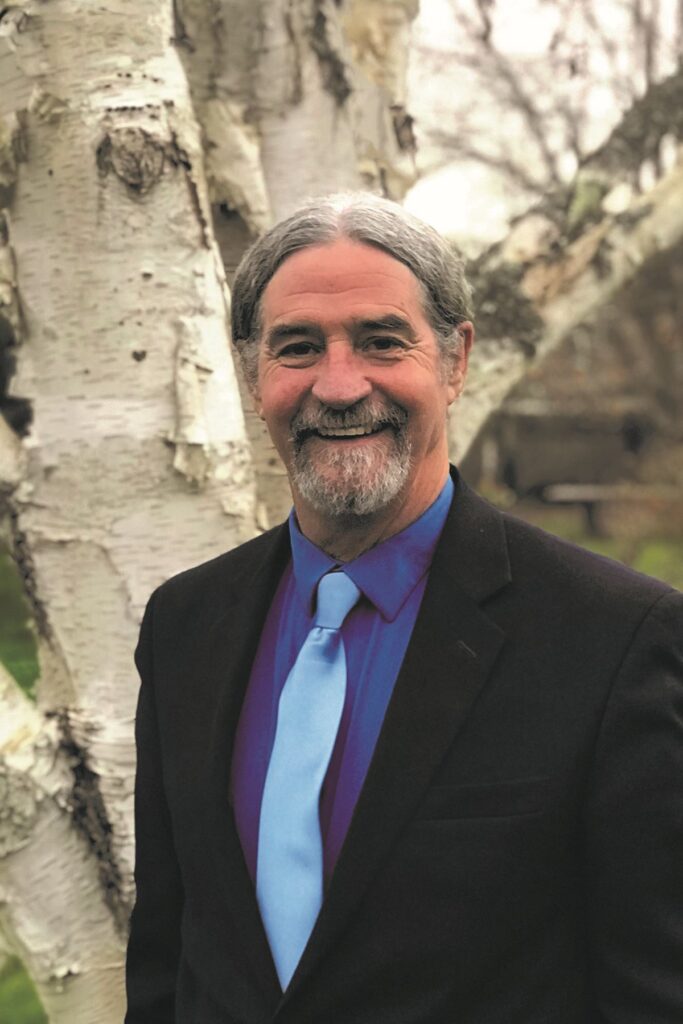
Steve Madrone is a locally grown father, grandfather, teacher, and expert in public/private land use, and watershed management. Spearheaded the Hammond Trail construction. A community development specialist, dedicated to the long term vision for the people of our district. He is now the 5th District Supervisor for Humboldt County.
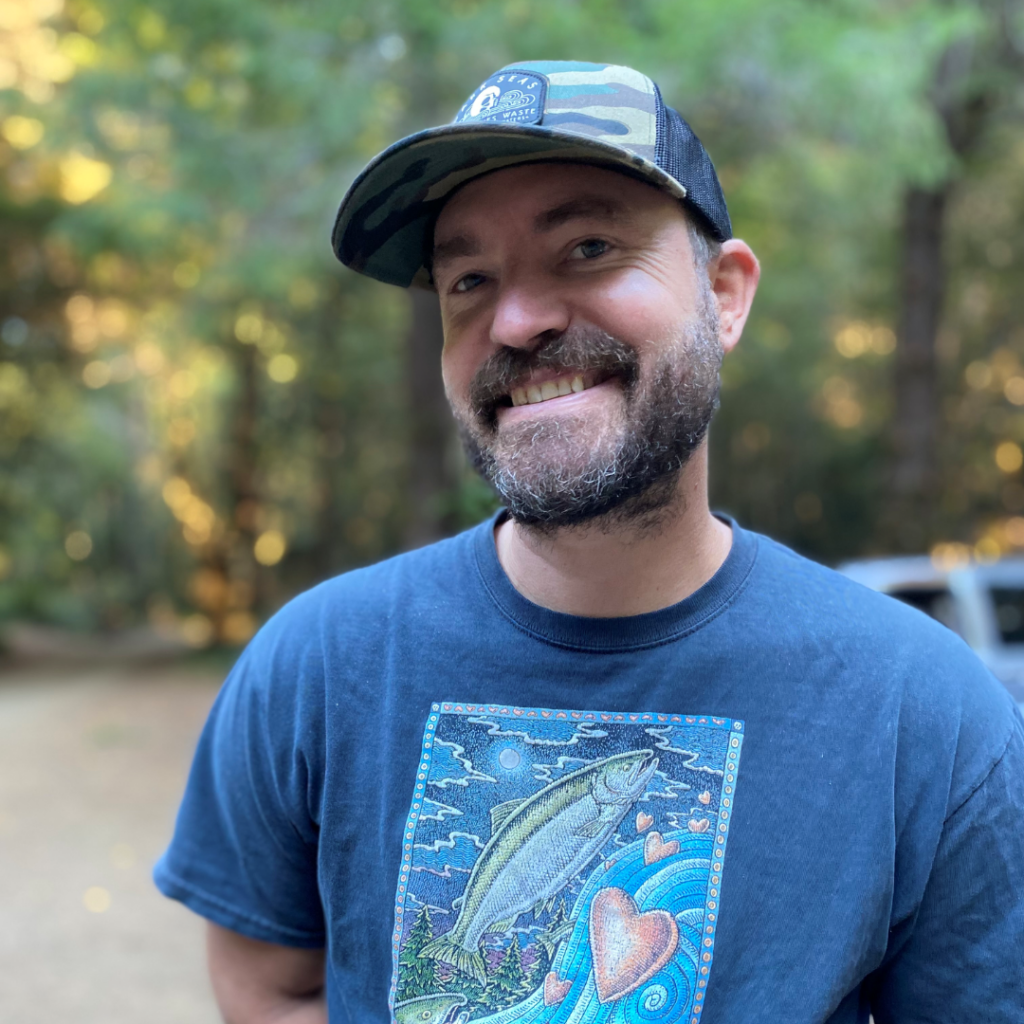
Walker Wise grew up in El Salvador before moving to Olympia, Washington, where he developed a deep love for fishing and the outdoors. He joined Sanctuary Forest in 2019 and now serves as the Water Program Director, leading efforts to improve watershed health and water security through storage and forbearance, flow augmentation, groundwater recharge, instream habitat restoration, and forest health initiatives. His work focuses on project development, management, and grant writing to support these interconnected conservation efforts. Passionate about fish conservation, Walker conducts spawner surveys for the Mattole Salmon Group and snorkel surveys in the North Fork Eel. He also serves on the boards of the Mattole Salmon Group and the Palo Verde Volunteer Fire Department. In his free time, he enjoys fishing in Shelter Cove or traveling through Central America. He holds a Bachelor of Arts in Political Economy from The Evergreen State College.